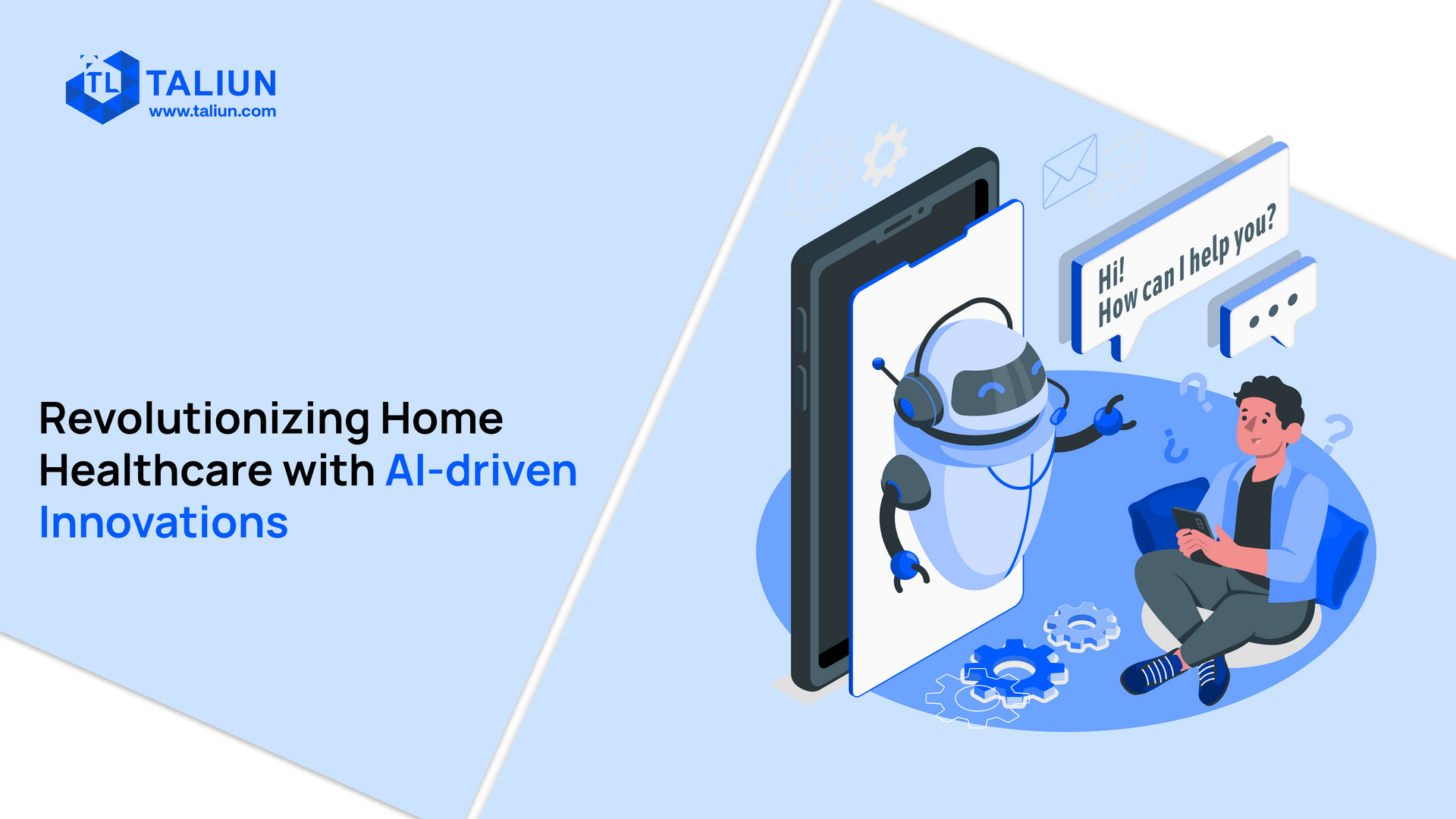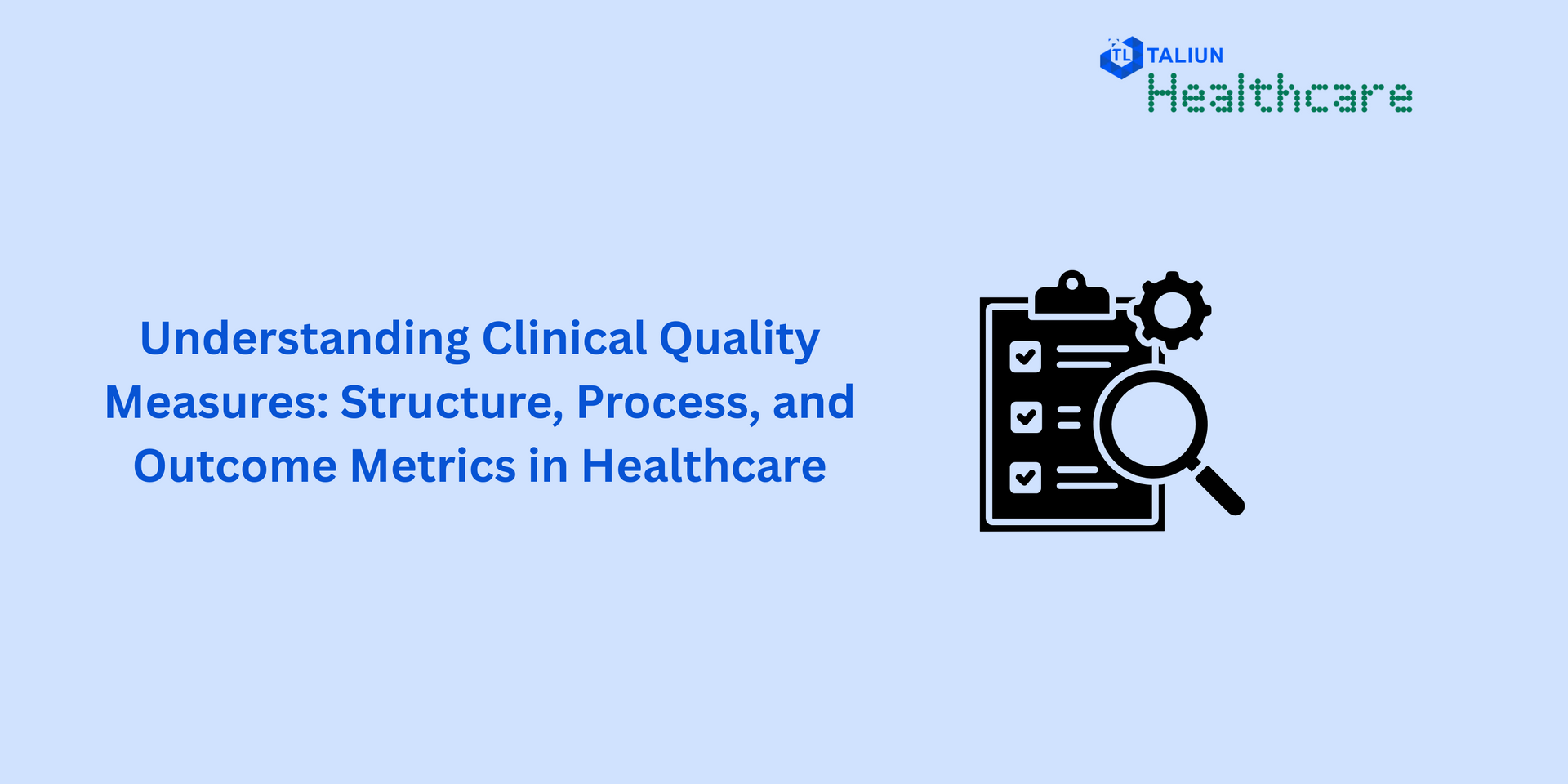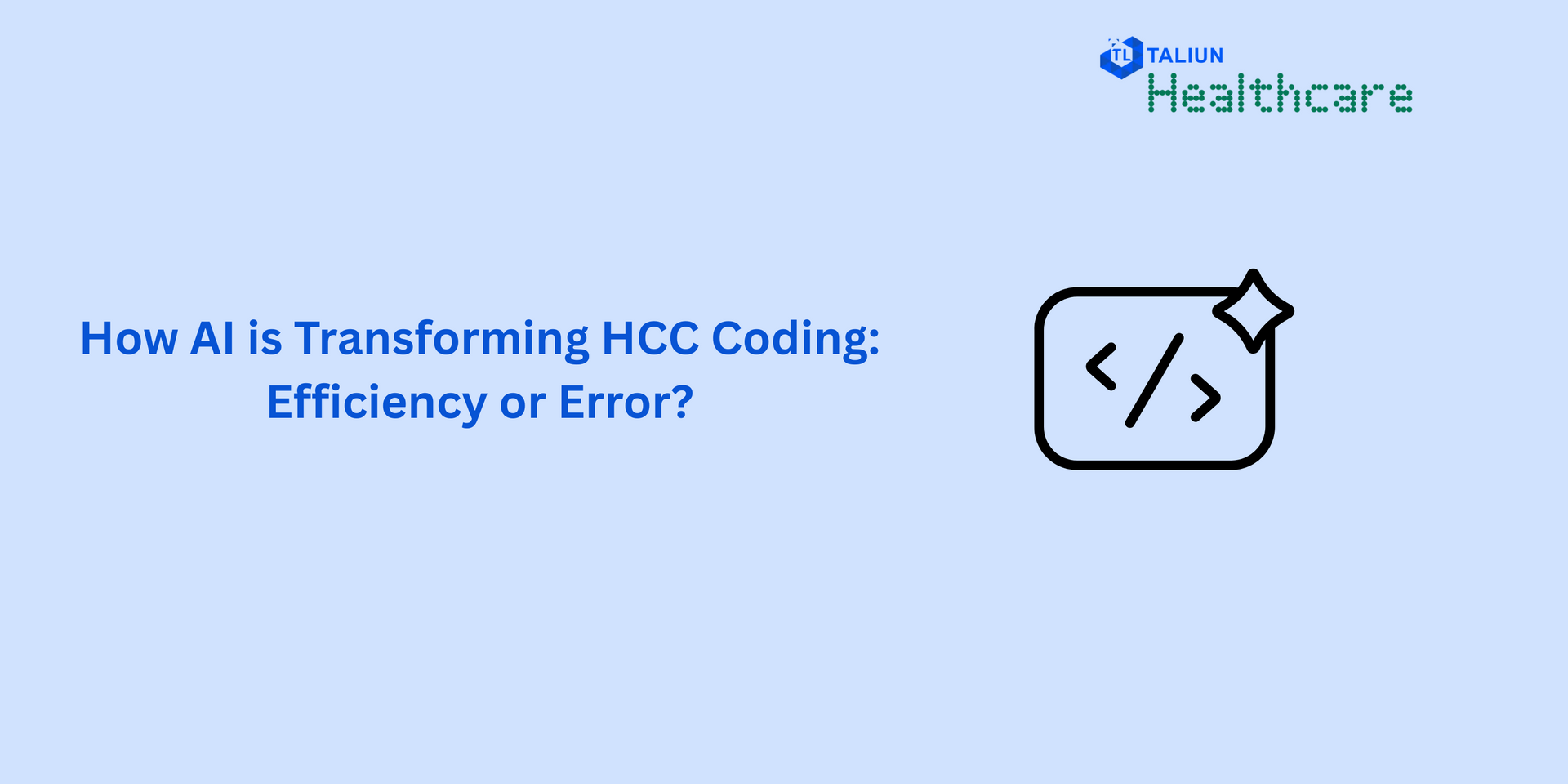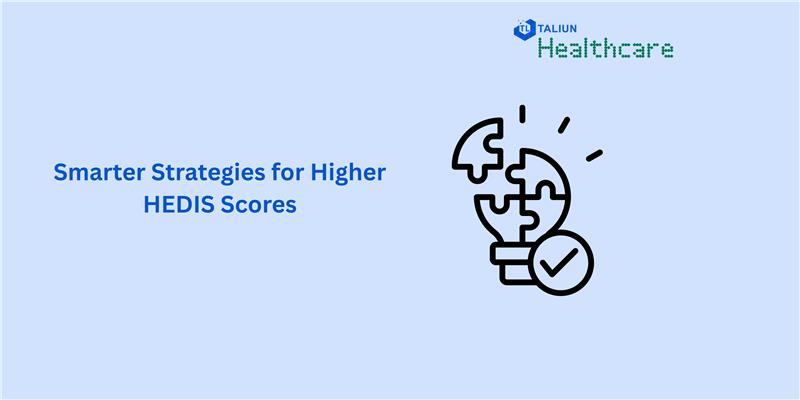Revolutionizing Home Healthcare with AI-driven Innovations

The healthcare industry has witnessed transformative advancements over the last decade, and artificial intelligence (AI) has been at the forefront of this evolution. Home healthcare, a critical component of patient care delivery, is undergoing a paradigm shift due to AI-driven innovations. This revolution promises to enhance care quality, improve patient outcomes, and reduce overall healthcare costs.
The Growing Demand for Home Healthcare
The global home healthcare market is projected to grow from $336.9 billion in 2023 to $634.5 billion by 2030, at a CAGR of 9.7%. This growth is driven by factors such as aging populations, a rise in chronic diseases, and a preference for cost-effective, personalized care at home. AI is poised to address these needs by streamlining care delivery, improving monitoring, and optimizing operational efficiency.
How AI is Transforming Home Healthcare
1. Remote Patient Monitoring (RPM)
AI-powered wearable devices and sensors are transforming the way patients are monitored at home. These devices collect real-time data on vital signs like heart rate, blood pressure, glucose levels, and oxygen saturation. AI algorithms analyze this data to identify patterns and predict potential health issues before they escalate.
- For example, AI-driven RPM solutions have been shown to reduce hospital readmissions by 38% among patients with chronic conditions such as diabetes and hypertension.
- A study by McKinsey found that AI-enabled monitoring can save healthcare providers up to $25 billion annually by reducing emergency room visits.
2. Personalized Care Plans
AI analyzes patient health data to create customized care plans. Machine learning models process medical histories, lifestyle data, and genetic information to recommend interventions tailored to individual needs.
- A pilot program in the U.S. utilized AI to develop care plans for home-based patients with heart failure, reducing hospitalization rates by 30%.
- These personalized approaches have been proven to enhance patient adherence to treatment regimens, improving outcomes and quality of life.
3. Virtual Health Assistants
AI-powered virtual assistants, like chatbots and voice-enabled devices, provide real-time support to patients at home. These tools remind patients to take medications, guide them through physical therapy exercises, and answer basic health queries.
- Research shows that patients using AI virtual assistants report a 20% improvement in medication adherence.
- These tools also reduce caregiver burden by automating routine tasks and allowing caregivers to focus on more complex needs.
4. Predictive Analytics for Risk Management
AI models analyze large datasets to predict health risks and recommend preventive actions. Predictive analytics helps identify patients at risk of complications, enabling early interventions.
- A 2023 study revealed that predictive analytics in home healthcare can reduce hospitalizations by 25% and emergency department visits by 32%.
- Predictive tools also assist providers in managing resource allocation, ensuring high-risk patients receive priority attention.
5. Enhanced Caregiver Support
AI-powered solutions provide valuable insights and training tools for caregivers. Virtual reality (VR) and AI-based simulations prepare caregivers for complex scenarios, improving confidence and competence.
- AI training programs have been shown to improve caregiver accuracy in administering medications by 40%.
- Additionally, real-time decision support systems assist caregivers in critical moments, reducing errors and enhancing care delivery.
Real-world Success Stories
- Bayada Home Health Care partnered with AI firms to implement predictive analytics tools, resulting in a 15% improvement in patient recovery times.
- Honor, a home care startup, uses AI to match caregivers with patients, achieving a 90% satisfaction rate among clients.
- AI-powered solutions in Japan have enabled robotic caregivers to assist in tasks like lifting and transferring patients, addressing workforce shortages effectively.
Challenges and Opportunities
While the benefits of AI in home healthcare are clear, several challenges remain:
Data Privacy and Security: Handling sensitive health data requires stringent compliance with regulations like HIPAA and GDPR.
Integration with Existing Systems: Seamless integration of AI tools with legacy healthcare systems is critical for widespread adoption.
Cost and Accessibility: Initial investment in AI technologies can be prohibitive for small providers, though cloud-based solutions are bridging this gap.
The opportunities, however, outweigh these challenges. The potential for AI to reduce healthcare costs is immense, with estimates suggesting a $150 billion annual savings in the U.S. alone by 2026.
The Future of AI in Home Healthcare
As AI technology continues to advance, its applications in home healthcare will expand:
- Autonomous Monitoring Systems: AI-enabled robots and drones could assist in monitoring patients and delivering supplies.
- Integration with Genomics: AI will integrate genetic data to offer more precise predictive insights and personalized interventions.
- Natural Language Processing (NLP): NLP-powered tools will enhance patient-provider communication, especially for elderly patients with language barriers.
Conclusion
AI-driven innovations are revolutionizing home healthcare by making it more efficient, accessible, and patient-centric. From real-time monitoring to predictive analytics, AI empowers providers and patients alike, ensuring better health outcomes. As we embrace this technological revolution, it is crucial to address ethical considerations and ensure equitable access to AI-powered solutions. The transformation of home healthcare through AI is not just a glimpse of the future—it is happening now, paving the way for a smarter, healthier tomorrow.




